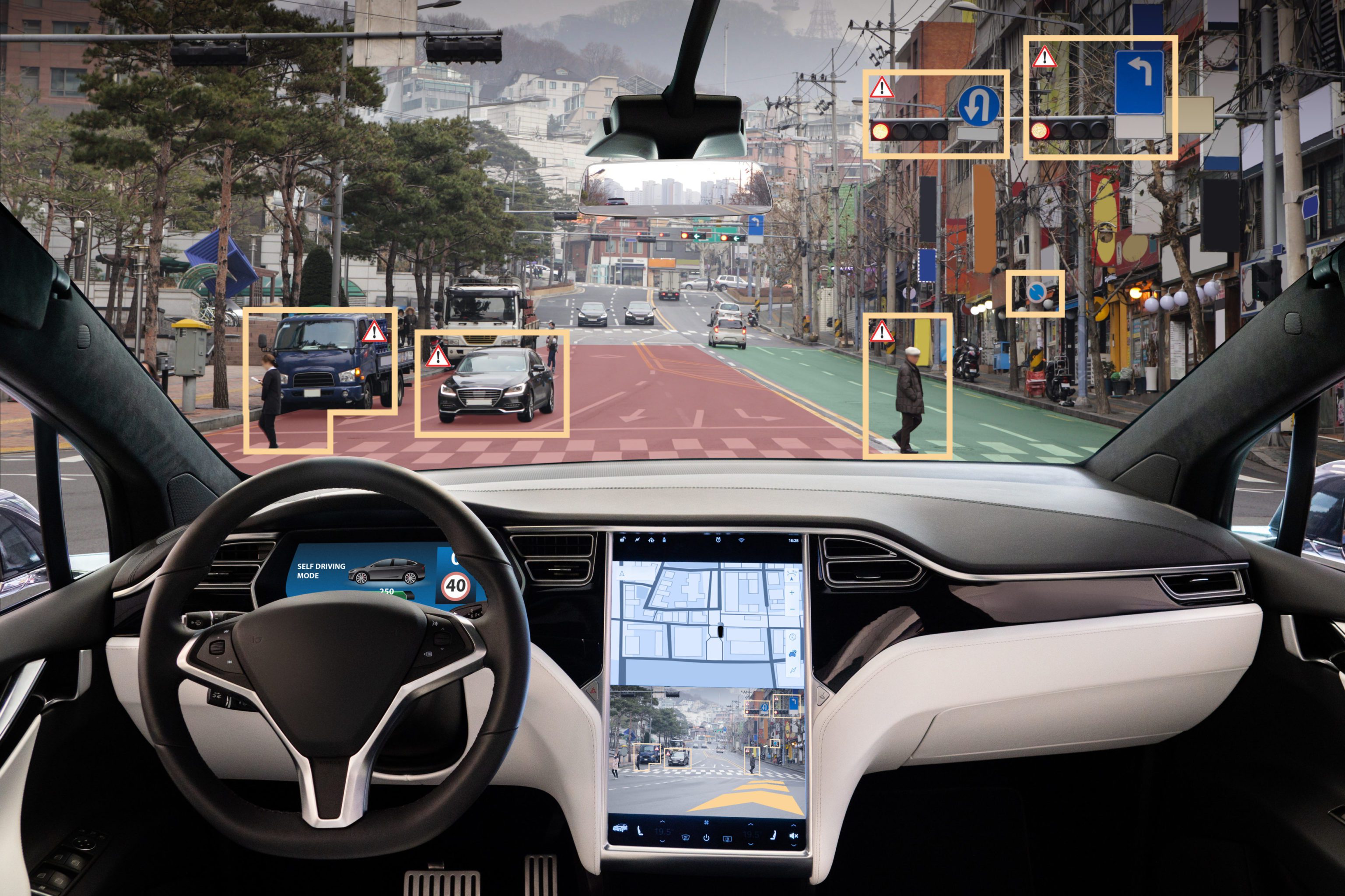Rise by Six: Your Daily Dose of Inspiration
Explore insights and stories that elevate your day.
Humans vs. Machines: Who's in the Driver's Seat?
Explore the battle of brains vs. bots! Discover who truly holds the reins in our tech-driven world. Who's really in control?
The Rise of Autonomous Systems: Are Humans Losing Control?
The rise of autonomous systems marks a significant advancement in technology, leading to transformative changes across various industries. These systems, powered by artificial intelligence and machine learning, are designed to operate without human intervention. They are increasingly being utilized in sectors such as transportation, manufacturing, and even healthcare. As we embrace automation, questions arise about efficiency and productivity. However, this rapid integration of autonomy begs the question: are humans losing control over the very systems we have created?
Critics point out that while autonomous systems can enhance operational capabilities, they also introduce risks associated with safety, decision-making, and accountability. Incidents involving autonomous vehicles and drones highlight the challenges of reliance on technology when it comes to making critical decisions. Additionally, the ethical implications of delegating power to machines are substantial. Human oversight, thus, remains crucial to ensure that we do not drift into an era where we are not only incapable of managing these systems but also vulnerable to their unpredictable behaviors.

Can Machines Outthink Us? Exploring Human and AI Decision-Making
The debate over whether machines can outthink us hinges on the intricate workings of human and AI decision-making. While humans possess the ability to draw upon emotions, intuition, and consciousness, AI systems rely on vast datasets and algorithms to process information. This divergence leads to different decision-making styles: humans may excel in ambiguous or emotional scenarios, while AI can outperform us in data-heavy, structured environments. As AI technology continues to advance, we find ourselves questioning if machines can truly replicate the nuanced judgment that comes naturally to humans.
Furthermore, as we explore the synergy between human and AI decision-making, it becomes increasingly clear that these systems can complement each other rather than compete. For instance, machine learning algorithms can analyze patterns and suggest solutions, enabling humans to make informed decisions more efficiently. In sectors like healthcare and finance, this collaboration transforms decision-making processes, enhancing accuracy and speed. Ultimately, the question of whether machines can outthink us may not be about competition but rather about how we can leverage AI as a powerful tool to augment our own cognitive abilities.
Humans vs. Machines: What Does the Future Hold for Workforce Dynamics?
The debate of Humans vs. Machines has been a prominent topic in the realm of workforce dynamics, especially as artificial intelligence and automation technologies advance at an unprecedented pace. While machines bring efficiency and the ability to process vast amounts of data, they lack the emotional intelligence and creativity that humans possess. As companies increasingly adopt automated systems, the future of work will likely be defined by a collaborative approach where humans and machines coexist. This coexistence will require a shift in job roles, with an emphasis on enhancing human skills that machines can't replicate.
However, the transition towards a more automated workforce raises crucial questions about job displacement and the need for reskilling. To adapt, workers must embrace continuous learning and upskilling, focusing on competencies that align with emerging technologies, such as critical thinking and emotional intelligence. As industries evolve, the future may see an increase in hybrid roles that combine human intuition with machine efficiency, creating a more dynamic and flexible workforce. In this scenario, Humans vs. Machines is not a matter of competition, but rather a synergy that could redefine productivity and innovation in the workplace.